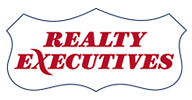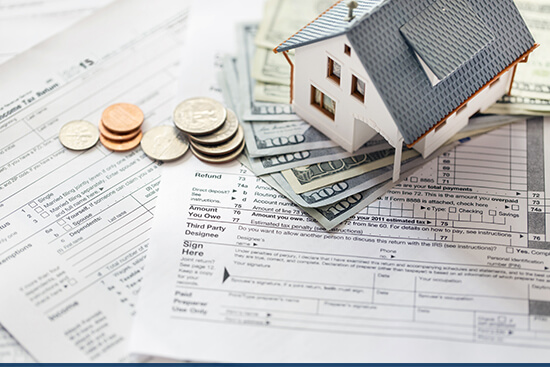 Maybe you expected your tax refund to be a little more. Maybe you are doing the final push to save for an end-of-summer trip this year. Or maybe you are dying to revamp your kitchen. Whatever the financial goal, budgeting can ensure you and your household budget stay in top shape.
Maybe you expected your tax refund to be a little more. Maybe you are doing the final push to save for an end-of-summer trip this year. Or maybe you are dying to revamp your kitchen. Whatever the financial goal, budgeting can ensure you and your household budget stay in top shape.
Remember: budgeting isn’t just about the essentials, like having enough money for the mortgage payment or homeowner’s insurance. It’s also about having a buffer for maintenance, repairs and essential expenses, if you happen to lose your job, fall ill or otherwise have a setback in your income.
Before you begin
Take stock of all your income. That includes not just your regular salary, but also any side jobs or passive income sources. If you’ve got a brokerage account, include that in your income amount. If you are renting out your detached converted garage through Airbnb, include that too.
Next, take stock of all your expenses. That means all of them. The daily lattes, oil changes, your Netflix subscription and that hotel stay for your cousin’s wedding should all be included.
Here are three ways to keep track of what you’re bringing in to make sure it’s less than what’s going out.
1. Figure out your monthly cash flow with Dave Ramsay’s budget worksheet
Personal finance guru Dave Ramsay created a budget worksheet that puts your income and expenses in order for you. It starts with monthly take home pay. Then, it breaks down expenses into a variety of categories, including housing, utilities, charity, etc.
Each category has both a budgeted line and a spent line. This separation lets you see how closely you are sticking to your budget in practice. Anything with an envelope next to it represents an expense that could be managed with a cash envelope. This principle has you stick the amount of money you will spend on a particular item, service or activity into an envelope. This way you see the money you spend more than you would with card or check. When the envelope is empty, you stop spending until next month.
2. Get technical with Suze Orman’s expenses spreadsheet
For a bit more sophistication, try Suze Orman’s expenses spreadsheet. The former host of The Suze Orman Show and financial advisor spent years educating audiences on what they can and can’t afford. This spreadsheet bottles that advice into a daily application. Rather than having to total spending manually, the spreadsheet calculates not only how much you are spending, but also the percentage of your income you spend on each category. This can help you to rebalance your budget to better reflect your monetary goals.
3. Go all out with Mint, a budgeting software
Looking for an even more sophisticated solution for your household budget? Then, personal finance tool Mint might be the right option for you. Mint is a free web platform for personal money management. It can help you see your credit score, track investment income and start saving. How? Mint links your accounts to one platform to help you manage your money, all in one place. The software also calculates your average spending to help you find a budget you can stick with. Want to buy a bigger home? Input your income, the mortgage rate and the percent down payment you have in mind and Mint will tell you how much to save per month. The platform will also help you with a built-in alert system that flags anything from spending over budget to possible fraudulent charges.
Once you’ve got a plan, stick to it
Putting in place a new monthly budget won’t happen overnight. Expect to make adjustments over the first couple of months. When you analyze your money, you will be surprised what budgetary heights you can achieve.
Happy budgeting!








